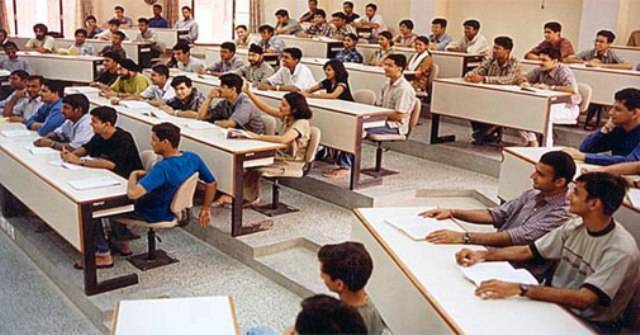The state of education and skill development in the country is in a horrible state. The lakhs of engineer we produce from thousands of engineering college are good for nothing according to companies. In higher education we have a few institutions which appear in the top 100 or 200 in the global rankings. The higher education institutions in the country are not producing skilled graduates who could contribute to organizations and society. The HCL has hired 200 high school graduates for entry-level engineering jobs. These students will be trained at tech giant’s Madurai campus in Tamil Nadu for application development, software testing, application support, and infrastructure management services. Some students will also be trained IN Uttar Pradesh’s capital, Lucknow in the same field.
The Information Technology (IT) is the backbone of the Indian services sector and the country earns most of its foreign exchange from IT exports. The government and the people of the country take pride in that but at the same time we forget that we have not been able to build a single company as productive and innovative as Google, Amazon or Apple. The founder of Apple, Steve Jobs was a dropout of art school and he considered design as the USP of the company’s products but in our country the passion for arts is discouraged by parents. In India, we do the repetitive jobs related to coding with no new development or research of any IT related matter here and the worst part is that our engineering graduates are not able to do even that. IT companies have only their marketing and back offices here, not R&D. Sabir Bhatia made Hotmail, Vinod Dham Pentium chip and Vinod Khosla co-founded Sun Microsystems, but they could never have done it had they been living in an environment like this.
So what is the reason behind this unemployed pool of graduate engineers whom companies consider as good for nothing? Well, it is the education system of the country which mistakes rote learning and marks in exams as the prime example of a student’s talent. The people who are creative and ask the questions rather than just repeating what is written in textbooks are considered undisciplined. The artistic side of education where a student makes drawings participates in debates and does dance and drama is discouraged by teachers in most of our elementary schools. We mistake building boundary walls as building schools because the government is more interested in the number of schools built in the country so it can flaunt the numbers in elections.
According to the Economic Survey 2014-15, only 2 percent of the people of the country are skilled. The students in most of the countries like Germany, South Korea get skills training in their high school days but India has no such skill development program.
Modi government since coming to power has kept a keen focus on skill training because this is very important for the industrial growth of the country. To spur skill training activity, the Modi government formed a new Skill Development and Entrepreneurship Ministry in November 2014. The Ministry coordinates all skill development efforts across the country as well as industrial training, apprenticeship and other skill development responsibilities. The government is also planning to bring right based legislation for skill training in the country in line with those in Germany and South Korea, a move that will give legal heft to the Skill India mission. To make the country a global manufacturing hub, every person in the country should be armed with some skills. This will help the country to reclaim the ancient glory of being the largest economy in the world with a quarter contributions to the world GDP.

























